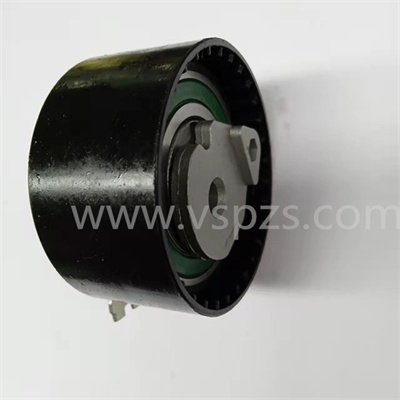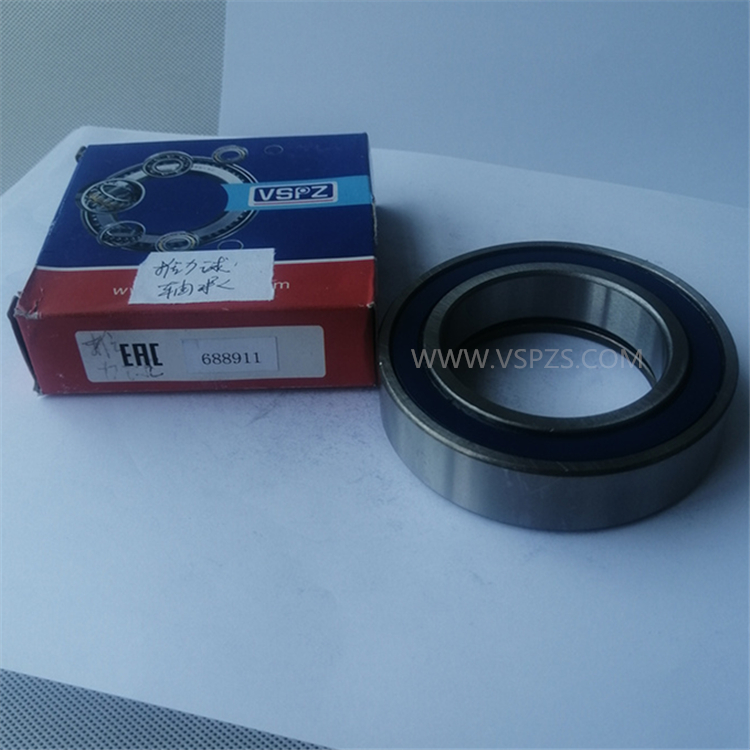Ukrainian fashion designers like Vita Kin and Natasha Zinko have been popular abroad for years, but smaller Ukrainian clothing businesses are now breaking into foreign markets as well. Ukrainian fur l
Ukrainian fashion designers like Vita Kin and Natasha Zinko have been popular abroad for years, but smaller Ukrainian clothing businesses are now breaking into foreign markets as well. Agricultural Bearing

Ukrainian fur label Blood&Honey was on every fashionista’s lips after pop-star Beyonce was spotted with one of the brand’s mink fur clutch bags, bearing the slogan “I kiss better than I cook” while on a date with her rapper husband Jay-Z.
The brand, which specializes in fur items, is sold in multi-brand boutiques across the United States, but hasn’t yet got its own shop.
Kachorovska, a Ukrainian authentic leather shoes brand, is also seeing some success abroad. The producer has roots going back more than 50 years, but it only started selling to foreign customers recently.
“We’ve only just moved into the foreign market, so it’s too early to compare the statistics, but around 10 percent of our orders are currently sent abroad (as internet purchases),” CEO of Kachorovska Alina Ocheretiana told the Kyiv Post.
Like Blood&Honey, Kachorovska is yet to open a shop outside Ukraine, but its products are selling well internationally via the Internet and distributors in the U.S., the UAE and Japan.
Ukrainian coat brand Mirella Moda is also gaining popularity abroad. The brand, established in 2014, already has three shops outside of Ukraine: in Toronto, Almaty and Moscow.
“We’ve also had a lot of offers from the EU. We can choose where we would like to sell,” the co-founder of the brand, Artur Golosnoy, told the Kyiv Post.
Golosnoy says Mirella Moda’s international success started when the company presented their new collection at a fashion exhibition in Kyiv in 2014. Foreign clients started calling them up and offering to work together under franchise.
“Within a year, nine shops opened in Ukraine, and a year later there were shops in Toronto, Moscow and Almaty,” says Golosnoy, who works with the brand’s wholesale partners.
Blood&Honey now has employees both in Ukraine and the U.S. Its founder and designer, Lidia Pfeifer, says that apart from its outlets in New York, Chicago and Miami, the brand is “actively progressing” in the UAE and Europe.
“When you walk into a shop, you first notice the item, and only afterwards you look to see which country it was produced in,” the designer said.
Kachorovska’s shoes are sold via foreign websites, social media and at festive markets in the United States, the UAE and Japan. The brand has also had requests to open shops in Canada, the Netherlands and the UK.
All of the Ukrainian clothing brands say that competitive pricing helps them maintain growth and appeal to foreign customers.
“Basic ballet pumps from Jimmy Choo cost around $400, whereas we charge 110-150 euros for winter shoes,” Ocheretiana said, adding that Kachorovska charges all customers the same in their online store, regardless of their country.
Mirella Moda’s Golosnoy agrees that fair prices help their products sell well abroad.
“Our policy is that a good coat should not cost a lot,” Golosnoy said. “Our prices are lower (than those of foreign companies) but our quality is not.”
However, Mirella Moda’s coats sell at considerably higher prices abroad than they do in Ukraine. In Ukraine, their autumn coats cost Hr 3,500-4,000 ($140-160), while a winter coat goes for Hr 5,500-6,500 ($220-260); whereas in Canada their coat goes for $350-500.
Its use of real fur makes Blood&Honey high-end, but this hasn’t stopped the brand from selling well.
Prices for their goods in the U.S. are 30 percent higher than in Ukraine.
“A Rex Rabbit fur clutch bag costs $650 in Ukraine, and Beyonce’s pick, a mink fur clutch bag, retails in the U.S. for $1,950,” Pfeifer said.
High quality also helps promote the brands, maintaining their success and keeping up demand.
“A satisfied client always brings in a couple of new ones,” Ocheretiana said.
Ocheretiana says that a big part of the brand’s success abroad is also due to producing shoes for the collections of the famous Ukrainian designers like Elena Reva, Svitlana Bevza and Andre Tan.
“Their shoes, which are (actually) made by us, are sold on the websites that are popular worldwide, and in European shops,” Ocheretiana said.
Brand and creative director at London’s Other shop Matthew Murphy, who came to Ukrainian Fashion Week in March 2016 as a part of British Arts Council’s collaboration project with Ukrainian designers, says he was impressed by the high level of technical abilities and designers’ capabilities, as well as the creativity and community spirit.
“(But) their approach to business was very ‘local’,” Murphy said to the Kyiv Post, “(and) they need to address the issue of running their brands as an atelier and working with private clients directly, as this causes problems with growing wholesale distribution and production.”
However, Murphy reassures that these are common issues with emerging brands at early stages of their paths and they can be addressed with “mentoring programmes and support.” And when it comes to mentoring and support, Ukrainian designers and shops are receiving some already, thanks to the emergence of international companies, directing their effort at the expansion of Ukrainian brands abroad.
One of them, Elese International LLP, has played a big role in helping Kachorovska export its products. Its managing partner and co-founder Emmanuel Lowe says that a range of factors have come together to produce the success of Ukrainian clothing brands abroad over the last three years.
“(These were) the closing off of the Russian market, the huge amount of help coming from partners worldwide, and the work done by public bodies like the Export Promotion Office from the Ministry of Economy and Trade,” Lowe said.
Lowe thinks that Ukraine’s proximity to the huge EU market, and the fact that the country can make good products at good prices, will boost sales further, and that there is still a lot of potential for growth.
“This is (just) the beginning, and if (Ukrainian clothing brands) adapt and understand the requirements for running an export business, the prospects are excellent,” he said. “Patience and effort are needed.”
Murphy also sees the growing opportunities for the Ukrainian clothes manufacturers.
“I feel it is becoming more important,” he said.
Web links to Kyiv Post material are allowed provided that they contain a hyperlink to the stories and only a brief extract (not more than 10 percent) of the text.

Gearbox Bearing And Kit All materials, including photographs, contained on this site are protected by copyright law and may not be reproduced without the prior written permission of BIZNESGRUPP TOV at [email protected]. All Interfax-Ukraine news agency stories cannot be reproduced or distributed in any form without written permission of Interfax-Ukraine.